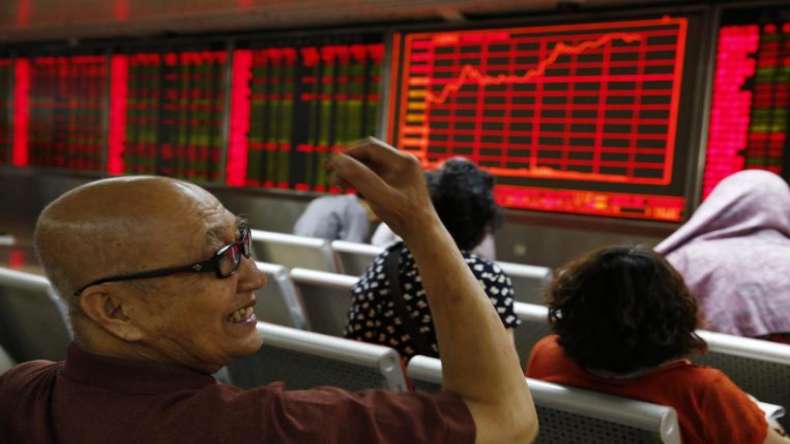China’s onshore stock markets are unlikely to be green-lighted for inclusion in MSCI’s emerging market indices this year, according to JPMorgan’s top strategist in the region.
The index compiler knocked back mainland-listed equities, known as A-shares, for the third time in a row following its 2016 review. MSCI cited restricted foreign access and a lack of transparency as reasons to exclude the USD7 trillion market from its indices, which are tracked by trillions of dollars in passive funds and ETFs. To invest in the Shanghai and Shenzhen equity markets overseas investors need to use government-approved quotas or go via a trading corridor in Hong Kong.
Tai Hui, JPMorgan’s chief market strategist in Asia, says he doesn’t think recent moves to liberalize Chinese capital markets will move the needle when MSCI conducts its next annual review in a few months’ time. That’s despite the recent launch of the Shenzhen-Hong Kong Stock Connect, which lets investors trade stock’s listed in China’s second-biggest equity market via Hong Kong.
Hui says, “If you look back to the reasons why MSCI didn’t include China last year, I don’t think many of these factors have been fully resolved”. He says the big issue is quotas: Both the Shanghai and Shenzhen Stock Connect schemes cap daily trading turnover at CNY13 billion.
”If you can’t take your money out when your client wants their money back, either I have to have an artificially high amount of cash in preparation for such contingencies, or I simply don’t invest in that market,” Hui continued.
International investors are still wary on the A-shares market because of limitations on access, but also because of recent currency volatility. The Yuan’s down about 5% versus the U.S. dollar compared to a year ago, despite strengthening since New Year. A weakening Chinese currency hurts foreign investors’ returns when they are converted back to their home currency.
“Even if onshore equities are included in the MSCI index, investors may choose to underweight the Chinese market until we see some more currency stability,” Hui thinks.
MSCI’s next annual review is in May. HSBC has previously forecast that Chinese inclusion would lead to fund inflows of about USD30 billion.


